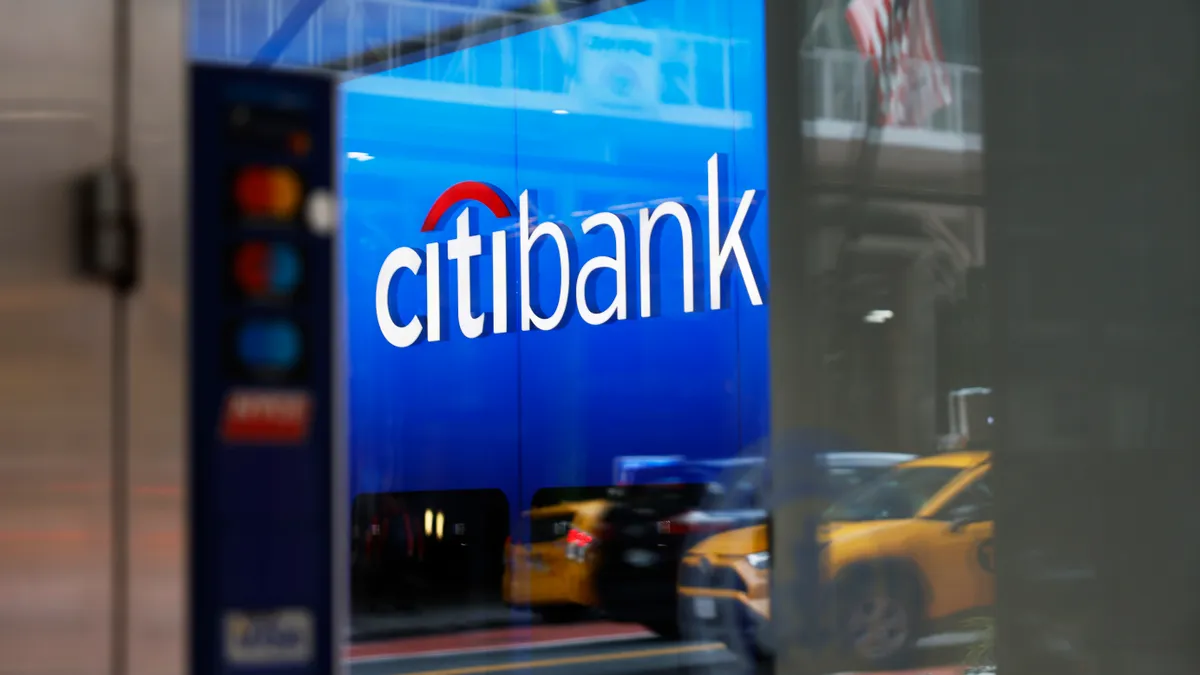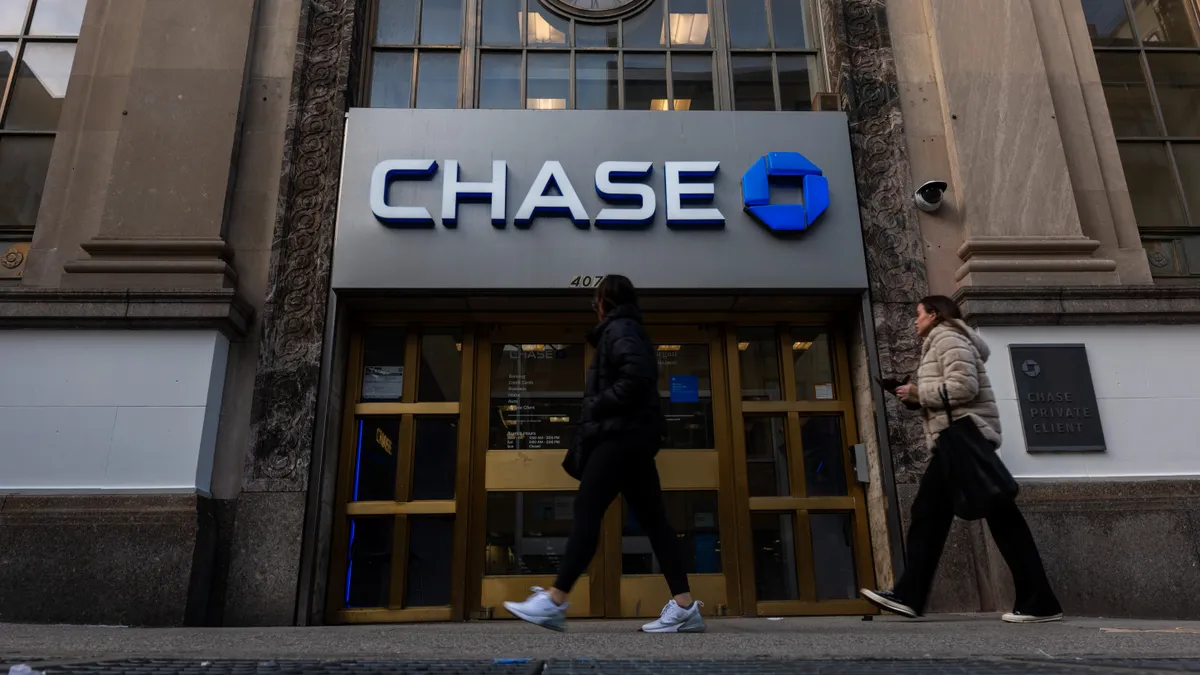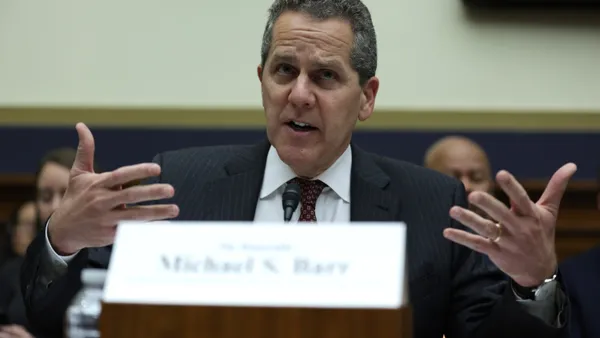Dive Brief:
- Citi is abandoning its diversity, equity and inclusion initiatives amid a broader corporate movement spurred by the Trump administration.
- The bank, which informed employees of changes Thursday, pointed to pressure from the White House behind its decision to drop “aspirational representation goals,” except where required by local laws, according to a memo posted on the company’s website. The New York City-based bank is also scrapping requirements around diverse rosters of candidates for job interviews, or panels of diverse interviewers.
- Additionally, Citi is rebranding its “diversity, equity and inclusion and talent management” team to simply “talent management and engagement,” CEO Jane Fraser wrote in the memo.
Dive Insight:
Citi in 2022 set diversity targets that aimed to put women in 43.5% of the bank’s assistant vice president to managing director roles by this year. At the same time, the bank aimed for Latino or Hispanic employees to inhabit 16% of U.S roles between assistant vice president and managing director by 2025.
However, in the first week of President Donald Trump’s second term, the White House issued executive orders targeting workplace DEI initiatives and demanding that the government investigate companies’ DEI programs.
“It is important to note that we’re living in an environment where things are changing quickly,” Fraser wrote in the memo. “The recent changes in U.S. federal government policy, including new requirements that apply to all federal contractors, call for changes to some of the global strategies and programs we’ve used to attract and support colleagues from various backgrounds.”
Citi is one of two federal contractor banks (along with U.S. Bank) providing payment services via the General Services Administration’s SmartPay program, which facilitates payment services for U.S. government, tribes and tribal organizations, including purchasing, travel, fleet and integrated payments capabilities.
Bank leadership will determine if updates to other areas are needed in the coming weeks; some business-specific initiatives and the bank’s supplier efforts require further evaluation, for example, Fraser said.
In Citi’s annual filing last year, a “Diversity, Equity and Inclusion” section highlighted efforts the bank is now moving away from.
“Understanding that diversity fuels the Company’s culture and business success, Citi’s 2025 aspirational representation goals are embedded in its business strategy,” the filing said. “Having aspirational goals across all levels — from early career through senior leadership roles — will help ensure Citi not only has diverse talent in leadership roles but will also help build a diverse talent pipeline for the future.”
Although the bank is dropping the diverse candidate and interviewer requirements, the bank will continue to encourage “the best practice of having a variety of perspectives included in hiring decisions and continue sourcing talent from the broadest available pools,” Fraser wrote in Thursday’s memo.
Citi’s move comes as big banks and other large companies begin walking back more public mentions of their DEI initiatives, or scrapping some programs entirely, amid political pressure and the threat of lawsuits.
JPMorgan Chase, in its annual regulatory filing last week, struck a different tone than last year, when it touted its “global Diversity, Equity & Inclusion centers of excellence” and mentioned training programs and resources on topics including DEI.
This year, the bank said it “has been and expects that it will continue to be criticized by activists, politicians and other members of the public concerning business practices or positions” it’s taken “with respect to matters of public policy (such as diversity, equity and inclusion initiatives).” CEO Jamie Dimon has said the bank will cut some spending on DEI efforts, although not due to White House pressure but because he views it as wasteful.
Among other Wall Street banks, Morgan Stanley is also cutting or watering down such language, and Bank of America and Wells Fargo are reviewing the language they use, The Wall Street Journal has reported.
Meta, Amazon, Walmart, Target, McDonald’s and Ford, have also said they’re dropping DEI initiatives or changing policies.















